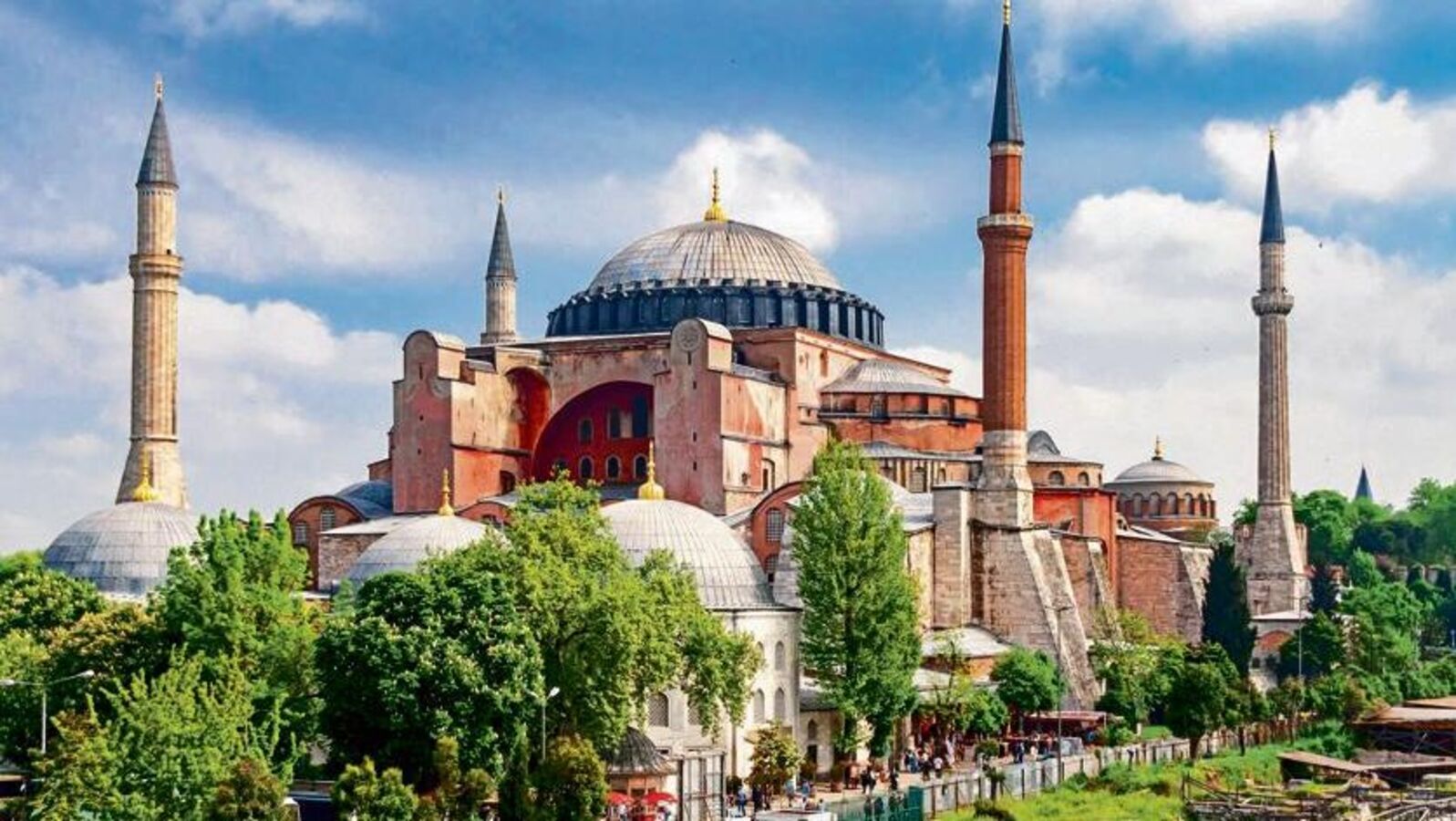In a public discussion in Kolkata in 2010, writer and scholar Gayatri Chakravorty Spivak was asked if she would describe herself as a “cosmopolitan”. To which she, like any learned Bengali public intellectual of her generation, gave a befitting reply. “I fall into a place and I become that place,” Spivak said. “I sometimes feel, when someone asks me the question, that I have roots in the sky… I am at home everywhere and I am at home nowhere. It seems to me that when one is at home, the place where you are at home has no name.” In new-age jargon, this statement might sound like the definition of “digital nomadism”. But the instinct to be rootless and without a home has a long, complex and intensely human history. As Aatish Taseer puts it in his new book of travel essays, A Return to Self, “To never settle was to never be softened by the idea of home.” He refers here to “the nomadic life of the steppe” during his visit to Uzbekistan, but the idea comes back throughout the volume and becomes especially striking for the literal power with which it came true in the author’s own life. In 2019, the government revoked Taseer’s Overseas Citizenship of India (OCI) status, forcing him into seemingly permanent exile from the country in which he grew up. A British citizen by birth, he was educated in India and the United States, where he eventually settled with his husband, Ryan Davis, a lawyer. It was his Pakistani parentage – Taseer’s father was Salman Taseer, the former governor of Punjab, who was killed in 2011 for defending a blasphemy victim – that became the linchpin behind the cancellation of his OCI. Since then, Taseer has been grieving the death of his grandmother – who raised him since he was two years old – long distance. Denied access to the country he not only called home, but also wrote several books about, he could only meet his elderly mother abroad. But exile also freed him from the burden of expectations—it allowed him to wander the world without any obligation to honor any pact of allegiance. “If these essays feel like a return to self, it is because they represent the return to my natural curiosity and … cosmopolitanism,” he writes in the Introduction, “after the long night of cutting away parts of myself to better belong in India.” Tasser writes beautifully about the places he ventures—Turkey, Morocco, Spain, Iraq, Sri Lanka, Mongolia—conjuring the sights, smells, and tastes of distant nations with sensual sharpness. But his gift really comes through in the act of (what anthropologist Clifford Geertz called) “thick description”—a form of ethnographic study that is richly structured, multifaceted, and informed by an awareness of the myths and symbols that lie at the heart of other cultures. To hold such a vantage point is to constantly expose oneself to the pulls and pushes of reality; it involves, as Taseer writes in the chapter on Istanbul, “living in a perpetual state of cultural whiplash”. ‘A Return to Self: Excursions in Exile’: By Aatish Taseer, HarperCollins India, 216 pages, ₹499 By this logic, if the novelty of travel lies in the attraction to the unknown, it also involves an act of active witness – to see things that are no longer there, to recognize and feel a recaller, a feeling and especially a sense of a feedback, the present against a portrait of the past as recorded by writers before him. Thus, Taseer’s description of the time he spent at the Hagia Sophia mosque, which used to be a church, in Istanbul becomes an arch reminder of parallels close to home – the age-old political game of reclaiming and rebuilding masjids as mandirs. These are not revelations pertaining to India alone. As Taseer walks around Seville, Spain, he is reminded of the rich multitude of faiths that once coexisted in the Castilian community. On the tomb of the saintly King Ferdinand III, he discovers plaques “in all the four languages of medieval Spain—Hebrew, Arabic, Latin, and Castilian,” a shocking contrast to the brutal extermination of non-Christian religions later. How does a place, wonders Taseer, “so steeped in diversity let go? What makes a society succumb to the primal cry for a ‘purity of blood’?” This is a question that haunts people in many parts of the world today. Taseer seeks his own answers by placing himself in the unknown worlds – be it by braving sub-zero temperatures in Mongolia, or by joining hordes of pilgrims heading to the feast of Our Lady of Copacabana in Bolivia, or by setting out on a lotus trail in Sri Lanka to explore the complex semiotics of the country’s political religious flower and nation life and uncovering social life. Taseer’s prose, however, gains its most vivid power in his imagination of pasts to which no traveler has access anymore. Maybe they can just sense the contours of those bygone times—if they know where and how to look for them. Like Marco Polo who tells the stories of his travels to “invisible cities” to the Mongol emperor Kublai Khan in Italo Calvino’s classic novel of the same name, Taseer is also looking for a place that lives only in the imagination. As he puts it, “I increasingly find that the wonder of travel lies less in the discovery of new places than in the circumference of those that have ceased to exist.”
Aatish Taseer on exile and identity in his new book ‘A Return to Self’
